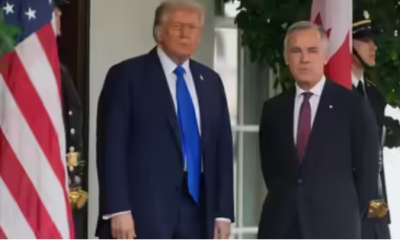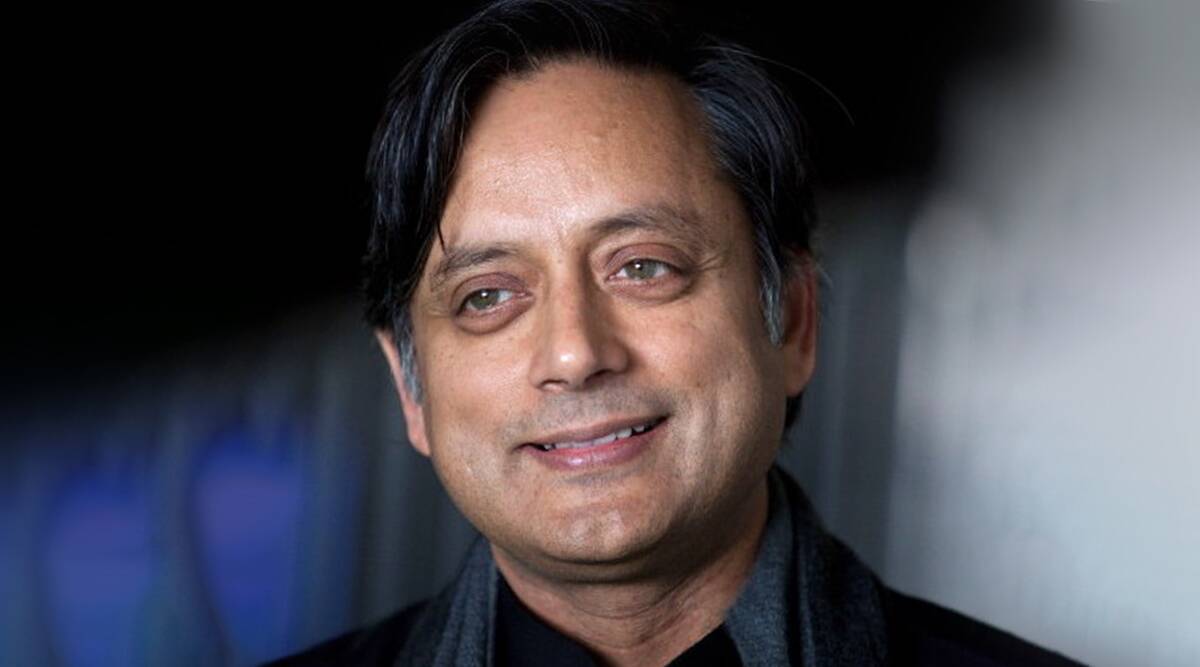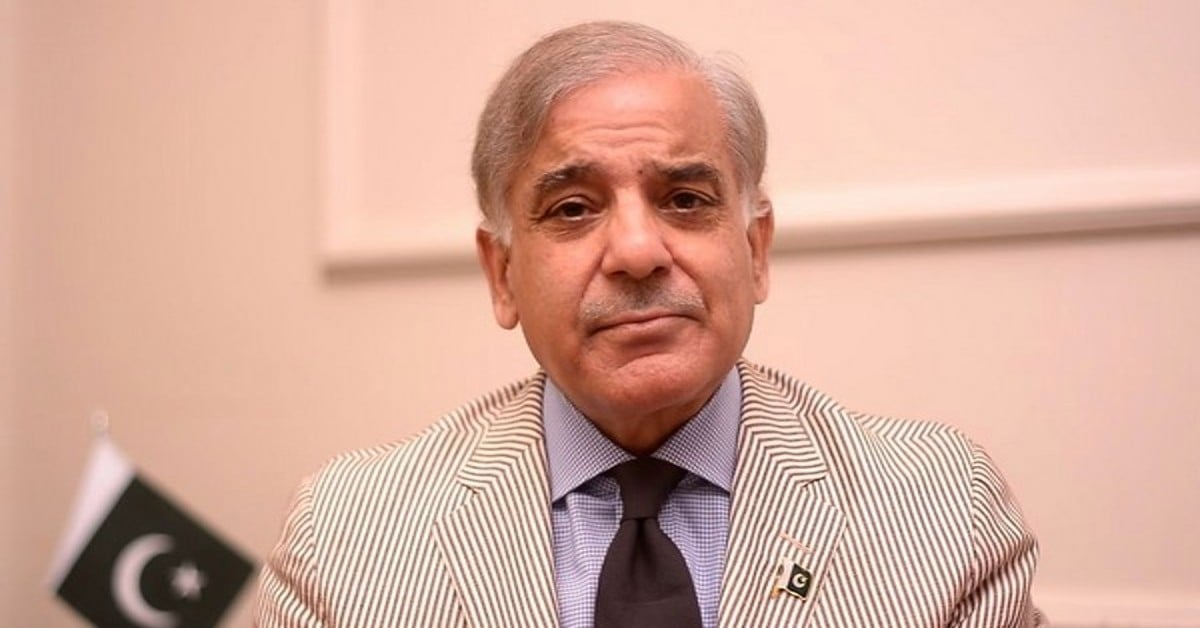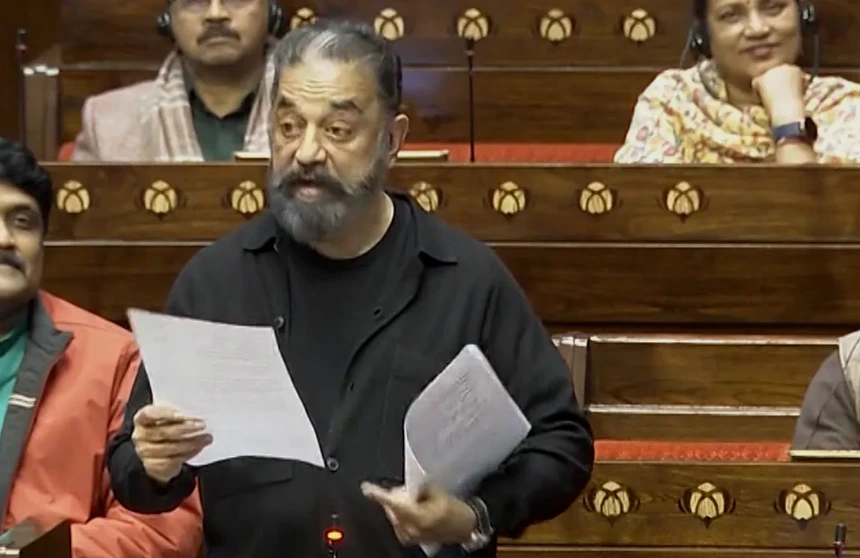Latest world news
France, Germany and UK to trade with Iran without Dollars

Latest world news
Pakistan faces domestic backlash after India secures lower tariffs in US trade deal
India’s US trade agreement has sparked criticism in Pakistan after Islamabad ended up with higher tariffs despite sustained outreach to Washington.
Latest world news
New Delhi free to buy oil from any source, Russia says amid US deal claims
Russia has said India is free to purchase oil from any country, dismissing claims that New Delhi has agreed to stop buying Russian crude under a US trade deal.
Latest world news
Moscow says no word from India on stopping Russian oil purchases
Russia says it has received no confirmation from India on stopping Russian oil purchases, despite Donald Trump’s claim that the move was part of a new India-US trade deal.
-

 Entertainment23 hours ago
Entertainment23 hours agoBorder 2 box office collection day 12 crosses Rs 286 crore, eyes Rs 300 crore milestone
-

 India News20 hours ago
India News20 hours agoPresident’s Rule revoked in Manipur as NDA set to form new government
-

 India News17 hours ago
India News17 hours agoPM Modi skips Lok Sabha reply as protests force repeated adjournments
-

 Cricket news3 hours ago
Cricket news3 hours agoPakistan PM Shehbaz Sharif confirms boycott of India match at T20 World Cup
-

 Latest world news3 hours ago
Latest world news3 hours agoNew Delhi free to buy oil from any source, Russia says amid US deal claims
-

 Latest world news2 hours ago
Latest world news2 hours agoPakistan faces domestic backlash after India secures lower tariffs in US trade deal














